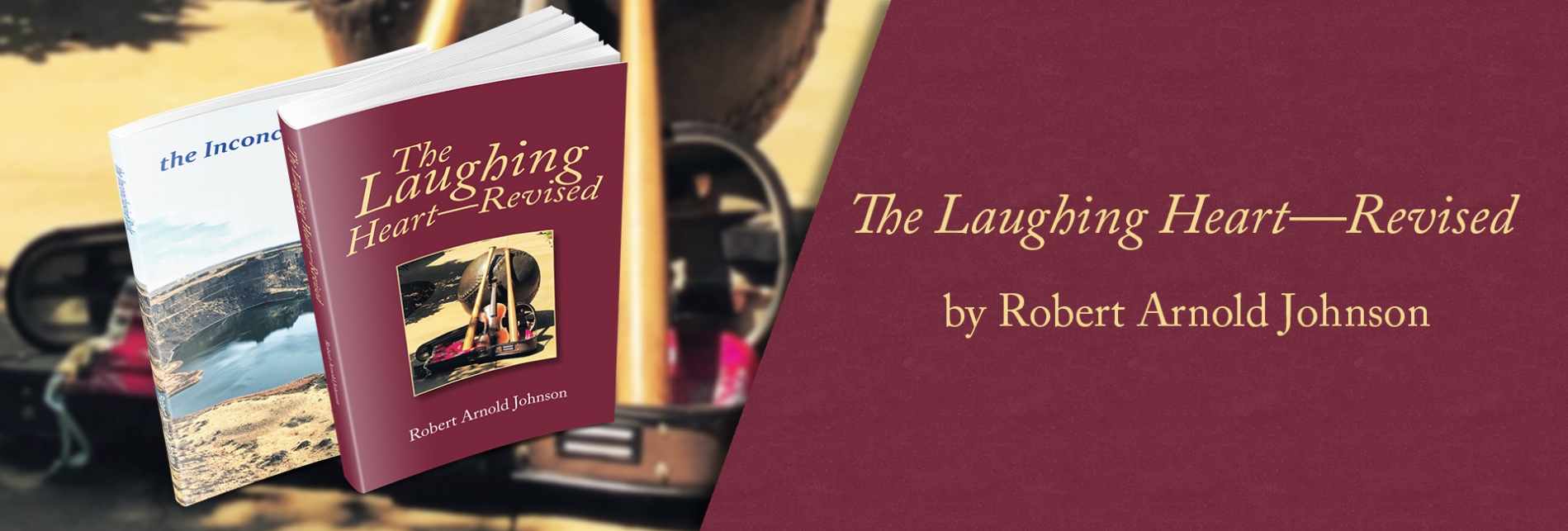I am posting here a really fun conversation via email between a friend, Mary Anne O’Neil, and me. At least it was fun for the two of us. Perhaps it will be for others looking in from the outside; I hope so. It concerns Victor Hugo’s Les Misérables, which I took a few months to read (in English translation) late this past spring and through the summer. Mary Anne is a scholar of French lit, especially poetry, retired now from…..
I’m grumpy about this novel, said to be the first of a trilogy. I did not want at any point in the first 500 pages (of 580) to finish Crossroads, but my hope for its redemption (I had admired though not loved Corrections) and the fame of its author … well, I kept on to the end. And I’d read already a sentence Kathryn Schulz had written about Crossroads for her review in The New Yorker (October 4, 2021). “‘Crossroads’…..
Heather McGhee’s formulation in The Sum of Us[1] (SOU) is the most compelling I’ve seen for how Americans might transform the We the People of our nation’s Declaration from fantasy to reality, an inclusive reality, one wherein the nation’s several races enjoy equity of opportunity and are equally welcome, one wherein its We is truthful, not a code for We Whites. Put differently, within SOU, which I view as an overarching principle for constructing legislative policy at every governmental level…..
I’ve said before that I am a special lover (or not) of a poem’s first line. A favorite of mine is this one from James Merrill’s The Mad Scene (p 206 of his Collected Poems; Knopf, New York, 2001). Again last night I dreamed the dream called Laundry. Now, true, the lines’s in iambs and these are in pentameter, but neither is critical for my loving it. I’m fond of lots of non-iambic, non-pentametered lines. I’ve even written an entire…..
I’ve just read it, and for the first time, this largish novella or smallish novel of 36,000 words. To put the conclusion first: a story of small size but great stature. A book of grief, the real thing; by its end, a book of what successful grieving looks like, feels like—it uncovers something sublime. And not the grief borne by the story’s protagonist only, though his is important to his story—most especially that which he bears for the deaths of…..
I began this book on a motive common these days to many—not enough, but many—of my white brethren (speaking, obviously, in a generic, not religious, sense), a hope to own, understand, and confront our personal dose of racism. To that end, the book is a blessing indeed. What I found in addition, though, is myself coming to an opinion about Heather McGhee, a Black American lawyer and scholar, as a writer. And that opinion is this: she is among the…..
Consider the following quotations from the book entitled Beauty (Oxford University Press, 2009) by the prolific English philosopher Roger Scruton. “When, on some wild moor, the sky fills with scudding clouds, the shadows race across the heather, and you hear the curlew’s liquid cry from hilltop to hilltop, the thrill you feel is an endorsement of the things you observe and of you, the observer… A world that makes room for such things makes room for you.” “Works of art…..
I am just underway with editing and co-authoring a book designed for general readers as well as specialists in philosophy, psychiatry, and clinical psychology. Yes, it’s ambitious. My colleagues in the project are: Tom Davis, associate professor of Philosophy at Whitman College; Susan Pickett (my wife), recently retired professor of Music at Whitman College; Mark Brown, a psychotherapist and jazz-folk musician, and Lara Riley, a psychoanalytically oriented psychotherapist. Here’s the beginning of the Prologue, in the hope that it tempts…..
My daughter, Heather, has published her first novel. It is a story of mystery and adventure for teenage and young adult readers. It is set in renaissance Venice, hence the title. Two girls become pals and decide to serve their city as a duo of detectives by apprehending a … The narrative has a great twist, which of course I must not reveal. And there’s much more. Venice is on display in all its glory—nature and art in cahoots, as…..
“Brain-death” is a problematic term, a topic Robert Truog has treated in JAMA (Journal of the American Medical Association) in three pieces (two with colleagues) in the past two years.[1],[2],[3] His thinking continues to evolve about the term’s limitations and problems, but he has not, to date, given up on it. We have, however.[4] At the least, we suggest that the advantages of doing so be given some thought. “Brain-death,” meaning irreversible coma and apnea, as a new criterion for…..
Recent Posts
- An Exchange over Hugo’s “Les Misérables”
- JONATHAN FRANZEN’S “CROSSROADS”: SHOULD WE WANT A TRILOGY OF IT?
- SOME THOUGHTS ABOUT RACISM AND WHITE SUPREMACY IN AMERICA, AUGUST 2021: How A Few Recent Books by Black and Other Authors Have Changed One Old White American
- LOVE & THE FIRST LINE
- FOR PHILIP ROTH’S “EVERYMAN”
Recent Comments
- Henry Allen on the current project
- MaryAnne O'Neil on SOME THOUGHTS ABOUT RACISM AND WHITE SUPREMACY IN AMERICA, AUGUST 2021: How A Few Recent Books by Black and Other Authors Have Changed One Old White American
- Robert Arnold Johnson on SOME THOUGHTS ABOUT RACISM AND WHITE SUPREMACY IN AMERICA, AUGUST 2021: How A Few Recent Books by Black and Other Authors Have Changed One Old White American
- Robert Arnold Johnson on SOME THOUGHTS ABOUT RACISM AND WHITE SUPREMACY IN AMERICA, AUGUST 2021: How A Few Recent Books by Black and Other Authors Have Changed One Old White American
- Susan Pickett on SOME THOUGHTS ABOUT RACISM AND WHITE SUPREMACY IN AMERICA, AUGUST 2021: How A Few Recent Books by Black and Other Authors Have Changed One Old White American



